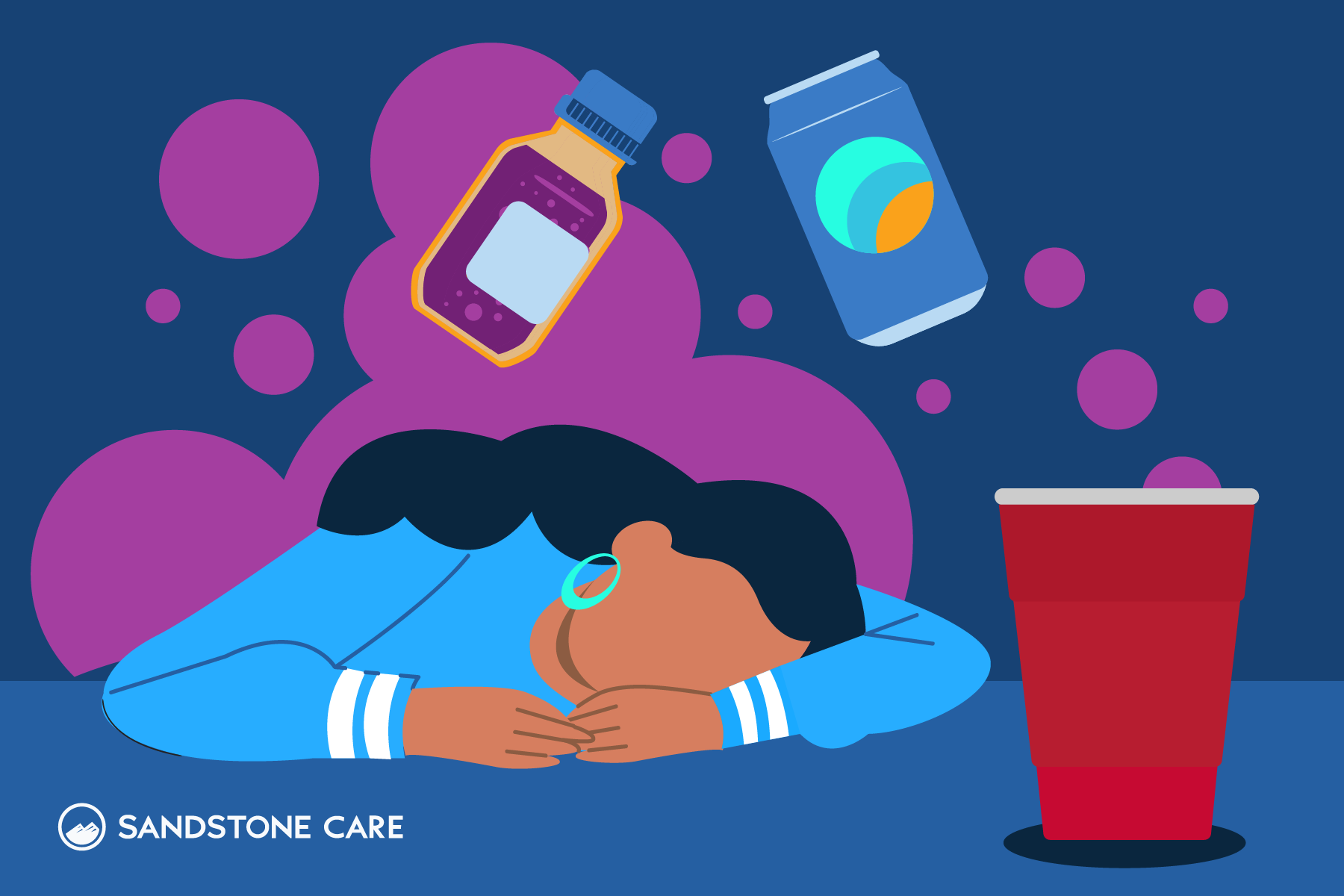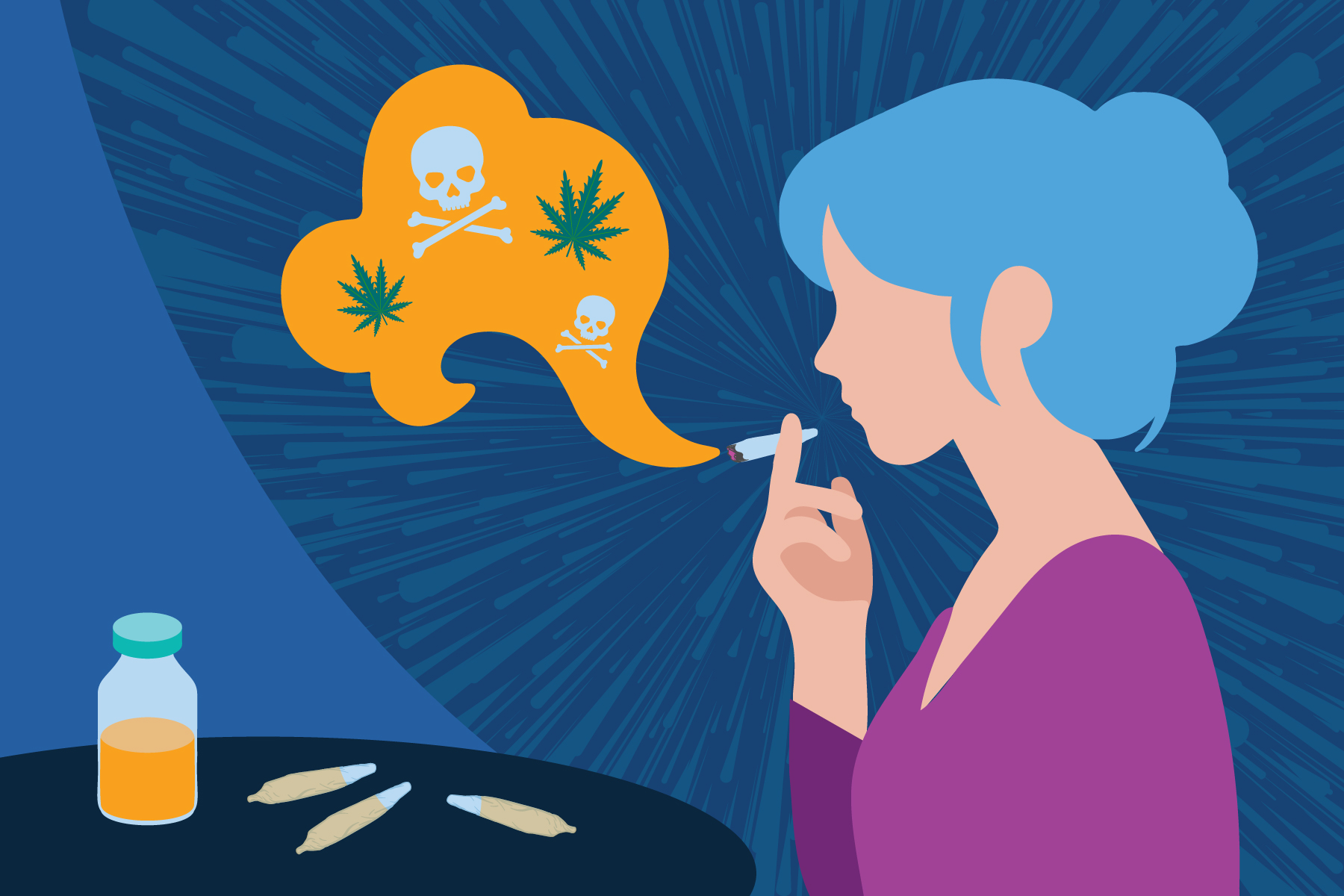Teens and Alcohol
If your teen is like most other teens, they’re a fun-loving, good kid. They like to enjoy themselves, hang out with friends and have a good time. Unfortunately, most teens haven’t developed good judgment yet, and their desire to have fun can cause them to cross a line that shouldn’t be crossed.
The consequences of underage drinking are serious – and can even be deadly – so it’s important to know what you should do if your teen has a problem with alcohol.
Underage Drinking: A Widespread Problem
If you’re worried that your teen is abusing alcohol, you’re not the only one. In fact, millions of teens are drinking. The National Institute on Alcohol Abuse and Alcoholism recently found that by age 15, one in three US teens have consumed alcohol. By age 18, that number increases to over half. In other words, it’s very likely that your teen will have consumed alcohol by the time they reach adulthood.
One of the most serious aspects of alcohol abuse is that of binge drinking, or drinking several alcoholic drinks in a row. A 2017 survey by the National Institute on Drug Abuse found that nearly 17 percent of high school seniors and nearly 10 percent of tenth graders had been binge drinking in the previous two weeks.
When teens binge drink, they’re much more likely to be involved in other risky behaviors such as drug use, drunk driving and crime. And they’re more likely to consume alcohol when they’re away from home, with other underage friends who are drinking.

Reasons for Teenage Alcohol Use
Teens drink for many of reasons. One reason is simply that they haven’t fully matured. Researchers point out that teens’ brains haven’t fully developed yet, making them more vulnerable to alcohol abuse than adults are.
For teens, the part of the brain that feels pleasure has matured more than the part that controls impulses and makes sound decisions. So it’s tempting to take a drink without thinking of the consequences.
Other factors that may play a part in teenage alcohol use
A history of alcoholism in the family. If teenagers’ parents or other family members have a history of alcohol abuse, they’re much more likely to drink. This factor causes some researchers to believe that alcohol abuse may have a genetic component.
The pressure to fit in. Drinking is popular at parties, and teens feel accepted when they’re part of a group that’s drinking.
Curiosity. Some teens begin drinking simply to experience what it’s like.
Gender. Teenage boys are more likely than girls to abuse alcohol.

Warning Signs of Alcohol Misuse
A teen who has been recently drinking may display some of the following symptoms:
- Bloodshot eyes
- Lack of coordination
- The smell of alcohol on breath or clothes
- Slurred speech
A teen who has developed a regular habit of drinking, may display one or more of the following symptoms:
- Drop in grades
- Change in sleep patterns
- Decline in hygiene or appearance
- Unexplained need for money
- Involvement in criminal activities
- Mood swings
- Depression
- Loss of interest in normal activities
- Change in friend groups
- Involvement in other dangerous activities
Risks of Alcohol Abuse
The dangers of underage drinking are grave. Alcohol impairs one’s ability to think. Under the influence, people lose the ability to consider the consequences of their actions, leading to all sorts of dangerous behavior. Some of the problems caused by alcohol abuse include:
Problems with brain development. Because the brain develops until a person is in their early 20’s, underage drinking can lead to long-term, permanent cognitive problems.
Academic problems. Alcohol consumption affects students’ grades. Studies show that as alcohol abuse rises among teens, grades decline.
Risky behavior. Teens who drink are more likely to be sexually assaulted, participate in risky sexual behavior and have an unplanned pregnancy. They’re also more likely to use other drugs and be involved in crime.
Drunk driving. About 1,000 young people under the age of 21 are killed every year in car accidents involving underage drinking.
Other accidents. Despite the alarming statistics, car accidents are not the leading cause of death in connection with underage drinking. Teens have been killed in other alcohol-related incidents including homicides, suicides, firearm use, serious falls and drownings.

Teens and Drunk Driving
Drinking and driving is more common among teens than you might realize. In a study by the CDC, one out of 10 high school students surveyed admitted to driving under the influence at least once within the past 30 days.
New drivers are also 300 percent more likely to be in a serious car accident; a danger that’s greatly increased when alcohol is involved.
Luckily, there’s plenty you can do as a parent to mitigate those risk factors for your teen. In fact, teens are reported to drive safer, get less tickets and get into less accidents when their parents set rules that encourage safe driving. Try making a signed agreement with your teen that outlines expectations like:
- Driving under the speed limit
- Wearing a seatbelt 100 percent of the time
- Driving at night or with friends only when necessary
- Refraining from phone use while driving
And of course, the best way to set an example for your child is to be responsible yourself.
Alcohol and Sexual Assault
Defined as “any form of unwanted sexual contact obtained through violent or nonviolent means,” sexual assault among adolescents is much more likely to occur when alcohol is present.
According to the National Crime Victim Survey, compared to other age groups, teens experience the highest rates of sexual assault, and alcohol is believed to be involved in about half of those cases.
Alcohol is a major factor in 12.7 percent of sexual assaults against teen girls under 16, and 19.8 percent of teen girls over 16. Likewise, alcohol is involved in 11.8 percent of sexual assaults against younger teen boys, and 16.3 percent of those against older teen boys.
Alcohol-related sexual assault among adolescents occurs most often between acquaintances. This happens for a few reasons: because of a false sense of trust, because victims who have been drinking are less able to detect offenders’ intentions, and because perpetrators under the influence are more likely to misread victims’ friendly cues as being sexually permissive.
It’s also more likely to take place at parties or other social events where parents aren’t present.

Parents’ Corner
Though adolescent drinking is far too common, there are steps you can take to minimize your teen’s likelihood of drinking and running into alcohol-related problems down the road. Your behavior, to a large extent, determines if your teen will drink, when they will start drinking and how they will drink.
Set the rules and enforce them.
When you’re consistent, your kids will learn to respect your authority more.
Model responsible behavior.
If you do choose to drink, do so in a responsible manner.
Talk about alcohol openly and nonjudgmentally with your teen.
This will help them feel like they can tell you the truth and come to you with their concerns.
Know the facts.
Be aware of your state’s alcohol laws, and never provide alcohol to minors.
What to do if Your Teen has a Drinking Problem
Many young people who’ve had problems with alcohol have recovered and gone on to live healthy, happy lives. If your teen has been drinking, here are several steps that you can take to help them recover.
Wait for the right time to discuss the issue:
Avoid confronting them when they’re drunk, or late at night when they’ve just gotten home exhausted. Instead, wait until they’re sober and in a more clear and receptive state of mind.
Talk to them without judging:
Approach the subject openly, honestly and nonjudgmentally. Calmly explain the dangers of underage drinking, helping them understand that the risks aren’t worth it. Let them know you have their best interest at heart. When your child knows you truly care, they’ll be more likely to listen and take your advice.
Make your expectations clear:
Make the boundaries regarding alcohol consumption clear to your child. If they know what you expect, they’re more likely to think twice before repeating behaviors that carry consequences.
In cases of regular alcohol abuse, seek professional help:
If your child is regularly abusing alcohol, they may be addicted, and you should consider professional treatment for them.
Sandstone Care is here for you. Young people feel right at home in our warm, youth-focused environment. Our compassionate and caring staff is at the ready seven days a week to answer any questions you have and offer guidance as to how to best deal with your unique situation. Give us a call at (888) 850-1890.




